Internships during your studies can help you to learn skills and can show you perspectives that are not so much in focus at university. As an international bachelor’s degree student from Croatia in Graz, Austria, I regularly worked in jobs related to my studies. Based on these experiences, I would like to tell you about a range of advantages of internships and student jobs and show you what you should look out for.
1. Establishing networks, initiating jobs
I always met lots of new people during my internships. It was a great opportunity to make contacts, because a good network plays a major role. My colleagues included many former students from my own degree programme Mechanical Engineering. They were able to give me very good tips for the future.

After an internship, you generally have the opportunity to apply for a position as a student employee if you find the company interesting. You usually have a big advantage over people from outside the company, as the company already knows you.
2. Gaining experience with applications
Another advantage of student jobs is that you gain initial experience with the application process and undergo your first job interviews. Many students do not have their first job interviews until after graduation, which can often lead to stress. The more interviews you have had, the more confident you will feel during the interviews. Student jobs are a good opportunity to practise interviews in a pleasant environment. This is because permanent positions usually have not just one interview, but several rounds of interviews. I have already been able to attend several job interviews. I didn't always get the job, but I've become more confident from interview to interview and can now formulate everything in such a way that the other person understands it the way I want them to.
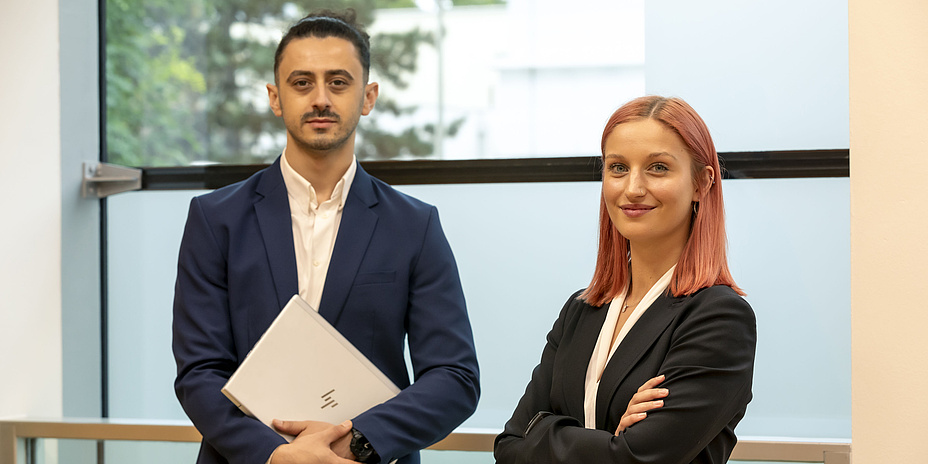
3. A glimpse into company processes and working life
You will gain a wealth of experience of company processes. As an intern, you have the opportunity to gain initial experience in a company for one to two months. During the internship, you will also learn about the departments and work processes in a company. You will also be given small tasks and experience typical working days. This will help you to recognise which industry suits your requirements in terms of career and lifestyle. During the internship, you will also experience first-hand whether you have chosen the right degree programme and whether the employer is interesting for a future job after graduation. I’ve been able to gain experience at Remus, Reeloq and Andritz AG.
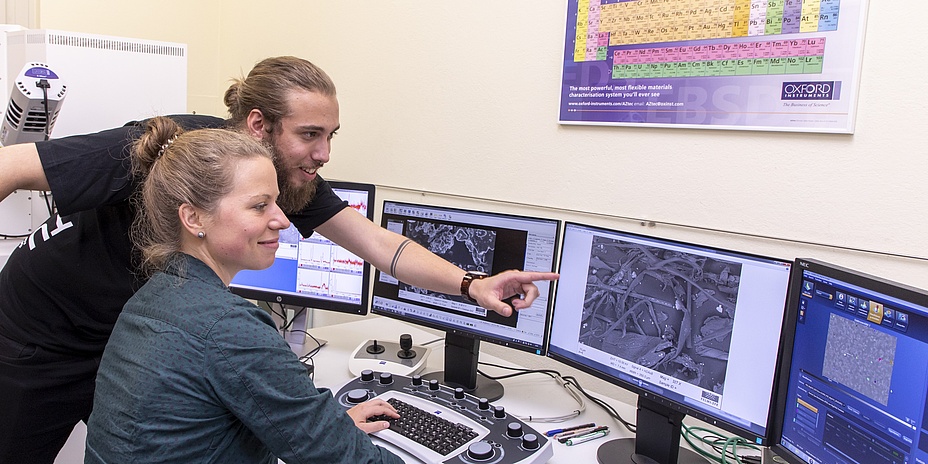
In the summer between my second and third semesters at Remus, I got to know several departments of the company – from production to project management.
I was able to work at Reeloq, a start-up at TU Graz, the following summer and build and develop several test benches for testing a product.
Reeloq emerged from the Start-up Garage. Students with start-up ambitions can find start-up support in the pre-start-up phase at the start-up accelerator of TU Graz and the University of Graz. Vorgründungsphase.
This summer I was able to get to know a large company called Andritz AG in the project management department for all pumps.
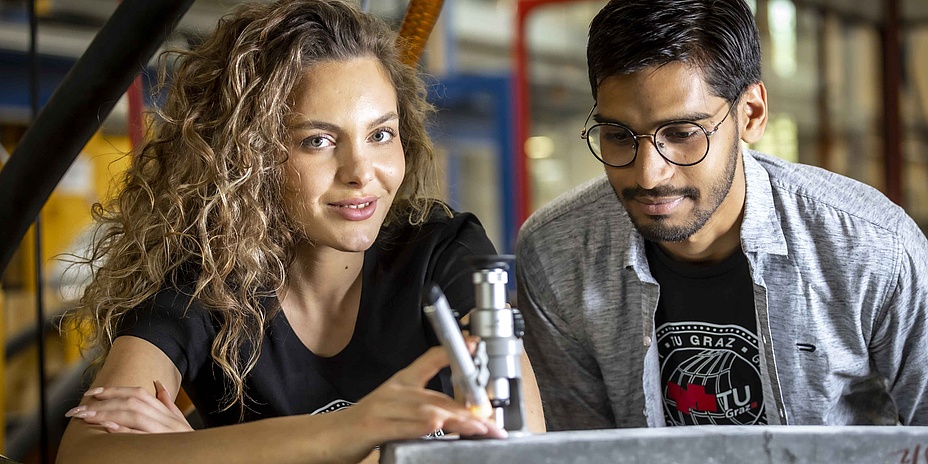
4. Earning money
You can earn pocket money during a summer internship. Of course, there is also a financial aspect to finding a good internship. Depending on the company, I have earned between 1500 and 2500 euros gross, and it doesn't matter whether the company is larger or smaller. Every job really needs to be considered separately here, because students are also paid according to supply and demand.
5. Practical knowledge
How do I apply the knowledge I learn at university in practice? Not every detail of a course comes into play in working life. This allows you to see what content is particularly interesting for your day-to-day work and where you should pay more attention in the lecture.
6. Internship versus student job
Internships and regular student jobs – when are they possible? From my own experience, I would recommend focusing on your studies for the first few semesters after starting university and only then starting a student job. Studying can be very time-consuming, especially at the beginning, so it can be difficult to find the right balance between studying and working with a student job.
Internships, on the other hand, are a good opportunity to enter the world of work during the first few semesters, as I did. In the meantime, however, I am already quite far into my studies and am now looking for a regular job alongside my studies, working about 16 hours a week.
The company-contact fairs Meet Hidden Champions (always in autumn) and Teconomy (always in spring) offer very good opportunities to make contacts with companies and gather information on internships and student jobs.
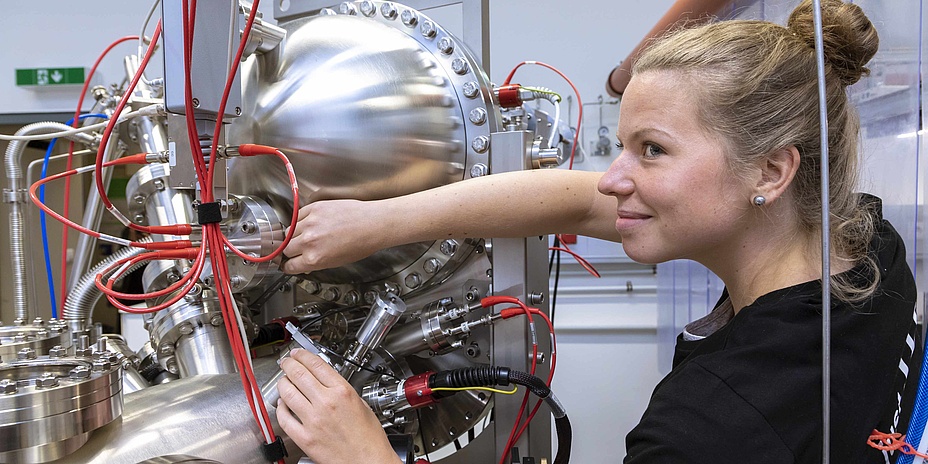
7. Finding internships or student jobs
How can you apply for an internship or student job? Find some companies that you find interesting. Then check the company websites on job portals such as karriere.at or on online career platforms such as Linkedin (www.linkedin.com). I also searched for job adverts there. The internship positions are published every year from November.
TU Graz has its own careers platform, the Career Info Service. Students and graduates alike can find jobs at TU Graz and its affiliated companies here.
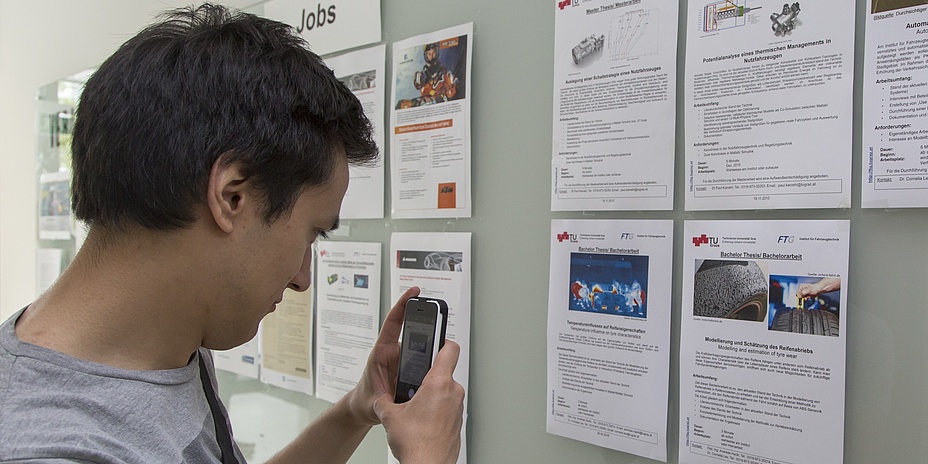
When you make an application, the following documents are usually required:
- curriculum vitae (CV)
- proof of academic success (transcripts)
- letter of motivation, and
- confirmation of enrolment.
It is best to create your CV using Europass or similar software.

